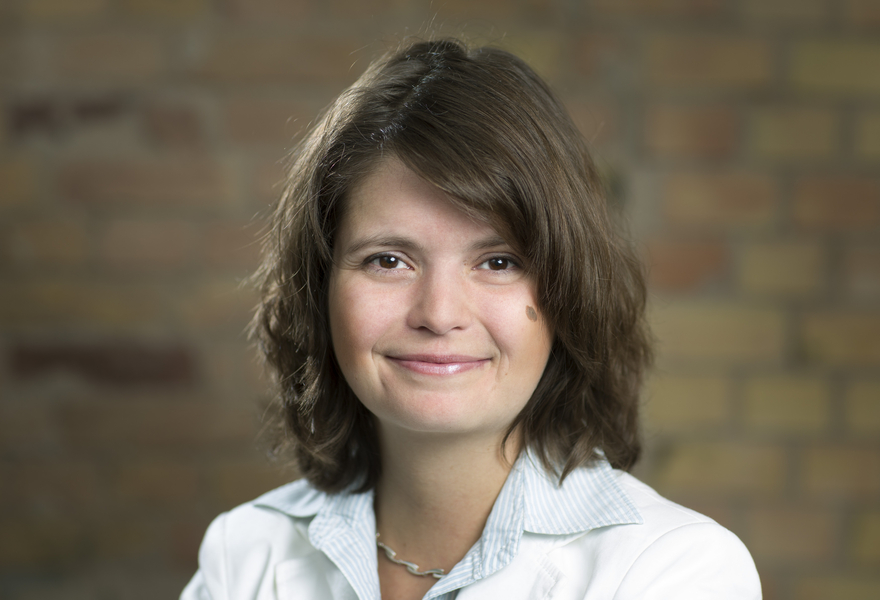MCC provides important research on negative emissions
Negative emissions are becoming increasingly important for achieving the Paris climate targets. MCC group leader Sabine Fuss plays a crucial role in coordinating the research results.
The Global Carbon Project (GCP), which determines the amount of global emissions every year, together with the journal "Environmental Research Letters" (ERL) has now published an online “focus issue” on NETs. Sabine Fuss, group leader at the Mercator Research Institute on Global Commons and Climate Change (MCC), is leading the NETs initiative at the GCP and has co-authored the focus issue’s editorial. Her research is also an integral part of the project.
Negative emissions will play a key role in next year’s IPCC (Intergovernmental Panel on Climate Change) Special Report on the 1.5°C target. Due to the low remaining carbon budget, this target is no longer achievable without NETs. It is therefore all the more important that science now provides reliable results in order to assess the potential contribution of negative emissions to climate change mitigation.
The ERL focus issue comprises over a dozen studies, two of which have been led by MCC scientists. In the article "Research priorities for negative emissions", Sabine Fuss and her colleagues identify five critical research gaps with regard to NETs. They suggest, for example, that land requirements for methods like afforestation should be quantified in more detail and in spatially explicit ways, as they compete with food and fuel production as well as other uses. They also point out that there will be a rising demand for research on the social issues caused by NETs, as their implementation will affect many stakeholders, whom will need to provide their consent.
Jan Minx, head of the MCC working group Applied Sustainability Analysis, is the lead author of the article "Fast growing research on negative emissions". The study evaluates the existing research “landscape” of negative emissions, which is growing faster than the overall literature on climate change. The authors show how big data methods can be used to gain a better grasp of research spread across thousands of publications, which is crucial for preparing scientific assessments.






